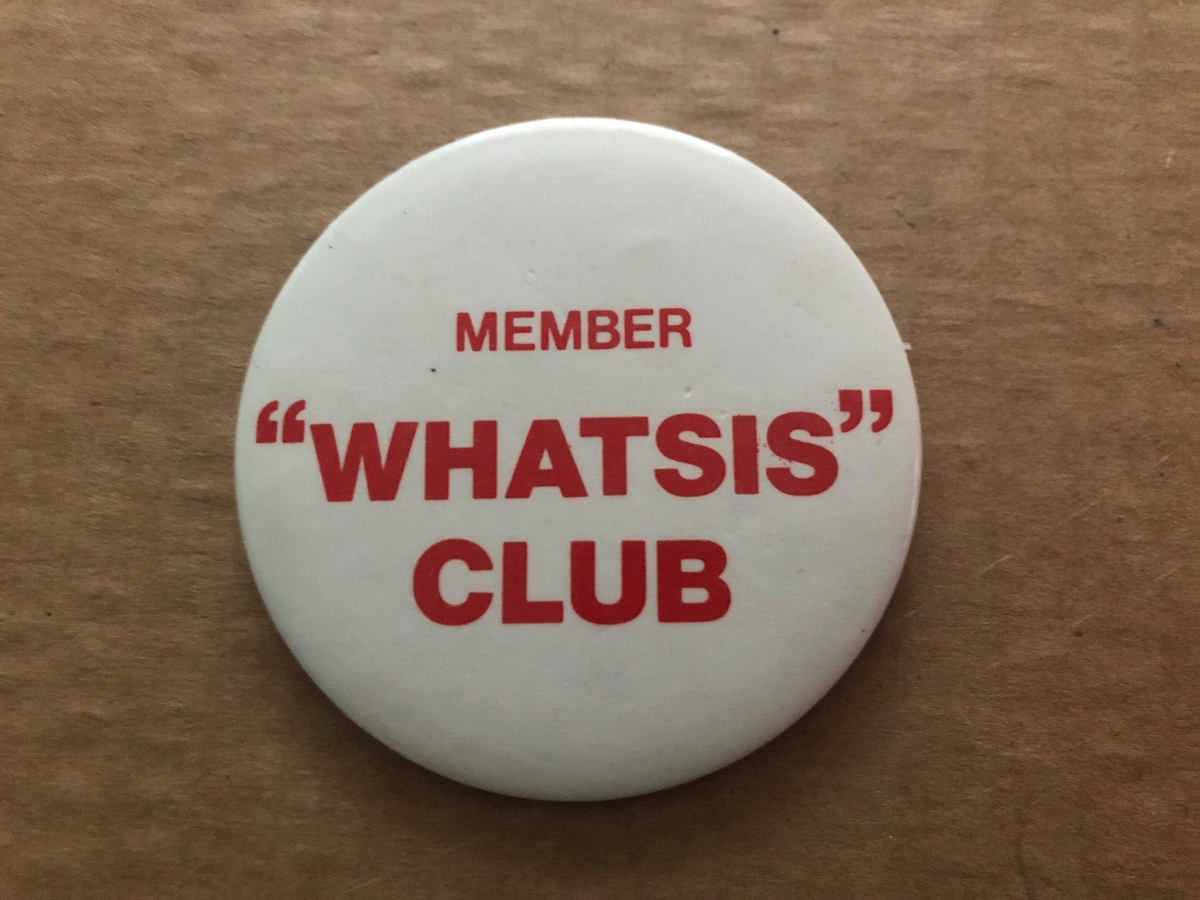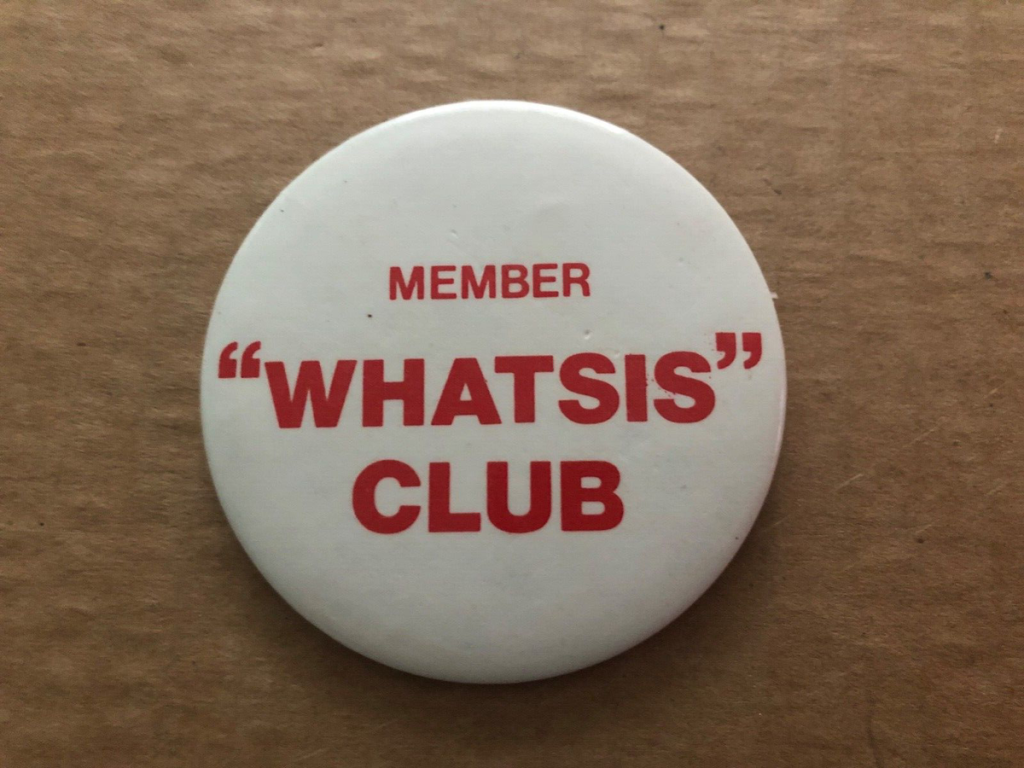I love words. I spend my days reading them, writing them and deeply appreciating them when someone else strings them together in a fresh and evocative way.
So why do they so often elude me? Proper and improper names of people and objects get stuck on the tip of my tongue. I know the word I want to use, but my brain won’t let go of it. And why is it almost always nouns that go missing? Why not verbs, adjectives or adverbs? Most nouns are dull by comparison.
Everyone sometimes has tip-of-the-tongue (TOT) moments, but it happens much more often when you’re older. There’s a name for the inability to recall a particular word: lethologica—a term I doubt I’ll be able to remember, because words you don’t use often are the ones most likely to abscond.
According to scientists, dragging words from memory into speech is a process that happens in stages: your brain registers the meaning of what you want to say, picks the right word from your vocabulary, chooses the sound pattern to go with it, and then causes your speech organs (vocal chords, tongue, etc.) to utter it. Things can go wrong at any stage, but with TOT, the problem usually occurs when your brain is retrieving the sound pattern.
What can you do when a word gets stuck? The experts have tips.
Visualize the person, place or object you’re endeavoring to name. Or try to visualize what the written word might look like.
Talk out loud. Say any words that come to you that you think may sound like the one you’ve forgotten.
If you can guess the first letter of the word, try out possibilities. Hitch that letter to various vowels. If it’s “m,” experiment with words that begin with “Ma or “me” or “mi,” and so on.
This never works for me—apparently it does for other people—but the other day, I tried a variation successfully. I was searching for the name of a man I know well that was TOT. Speaking aloud, I said the first male name that occurred to me that began with “a” (Alan), then one that began with “b” (Bob), and so on, listening for something that resonated. When I got to “g” and said “Gerard,” I knew immediately that was the name I was searching for.
Think of related words. For example, if you’re blocked on a neighbor’s name, recall others who live nearby. Or if something like “mango” has escaped you, grease the mental path between brain and tongue by naming other fruits.
Enlist the help of others. This is where living in a retirement community helps. Nobody here is embarrassed about losing a word, because it happens to all of us. When we get together, we often play a version of charades. The individual who has gone blank provides clues, and the rest of us throw out guesses. “It’s a green, oblong, tropical fruit that has a huge pit,” the person who’s lost the word says. Someone fills in the word “mango,” and the conversation rolls on.
Don’t keep trying if none of this works. Release the pressure—distract yourself with other things. It may take a while, but the word you’re hunting will usually pop up.
TOT syndrome can be a symptom of a serious illness, but I’m not worrying about that. Those are unusual cases. Anyway, another of the benefits of living in a retirement community is that, if just about everyone you know has the same problem, the medical profession almost certainly considers it “normal” for your age group.
When you love words as much as I do, it can be maddening when they go missing, but in a pinch, I know I can always resort to one of the three most useful words in the English language: “whosis,” “whatsis” or “whatchamacallit.”

Flora Davis has written scores of magazine articles and is the author of five nonfiction books, including the award-winning Moving the Mountain: The Women’s Movement in America Since 1960 (1991, 1999). She currently lives in a retirement community and continues to work as a writer.



